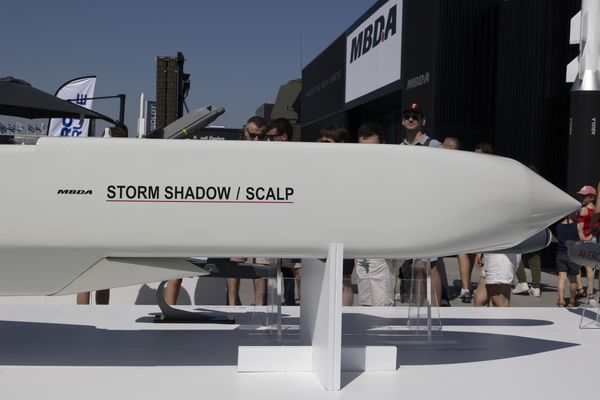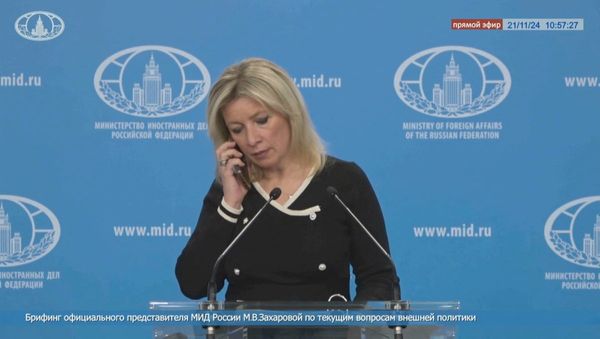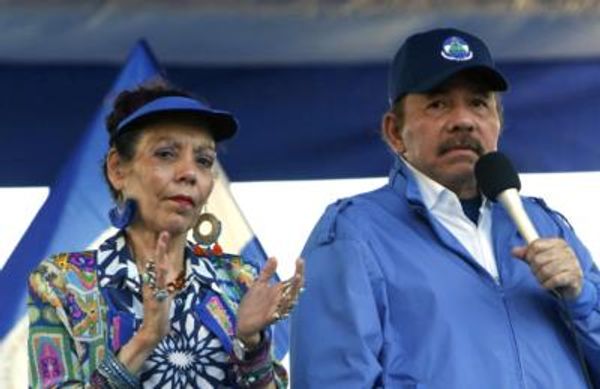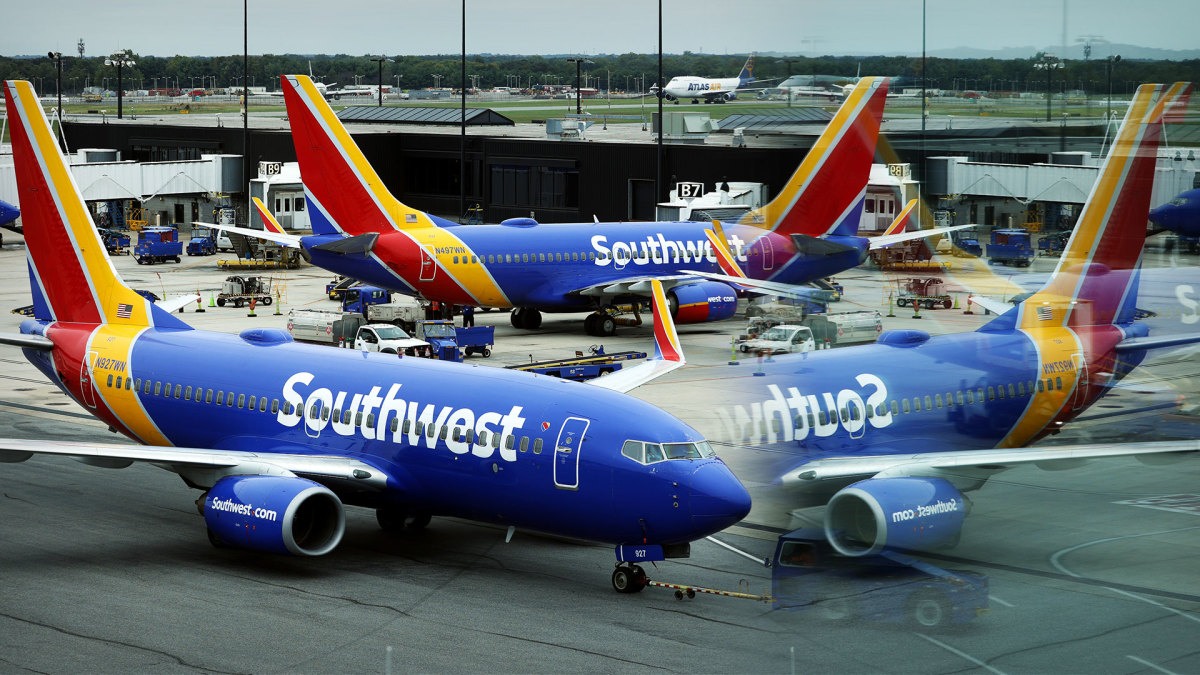
Update 8:50 a.m. E.T.: Southwest finished Christmas Eve with 293 canceled flights and 1,276 flights that were delayed. On Christmas, the airline had 101 canceled flights and 308 delayed.
Update 4:50 p.m. E.T.: As of 4:50 p.m. on Dec. 24, Southwest increased its canceled flights to 104 (about 2% of its total) and had 1,114 delayed, according to data from FlightAware. No other major U.S. carrier reported more than three canceled flights. Chicago Midway, a major airport for Southwest, had 44% of its flights delayed and 16% canceled due to bad weather.
Everyone remembers Southwest Airlines' meltdown last winter. It was a cascading effect where bad weather forced the airline to cancel some flights which overwhelmed its scheduling system leading to massive cancellations.
It was a disaster of overwhelming proportions as the airline stranded tens of thousands of passengers who literally had no way to get home or wherever they might have been going at a time of year when hotels and rental cars are sold out.
Related: American Airlines seating controversy creates passenger uproar
That disaster cost Southwest Airlines (LUV) -) an unprecedented $140 million fine from the United States Department of Transportation (DOT). More importantly, how the airline handled the cancellations -- and the days after -- cost it the faith of some of its passengers.
It also did not help the Southwest Airlines Pilots Association (SWAPA), the union representing its pilots piled on and made it clear that the meltdown was due to a lack of investment. The airline has spent the past year trying to assure passengers that it would be ready for the winter season.
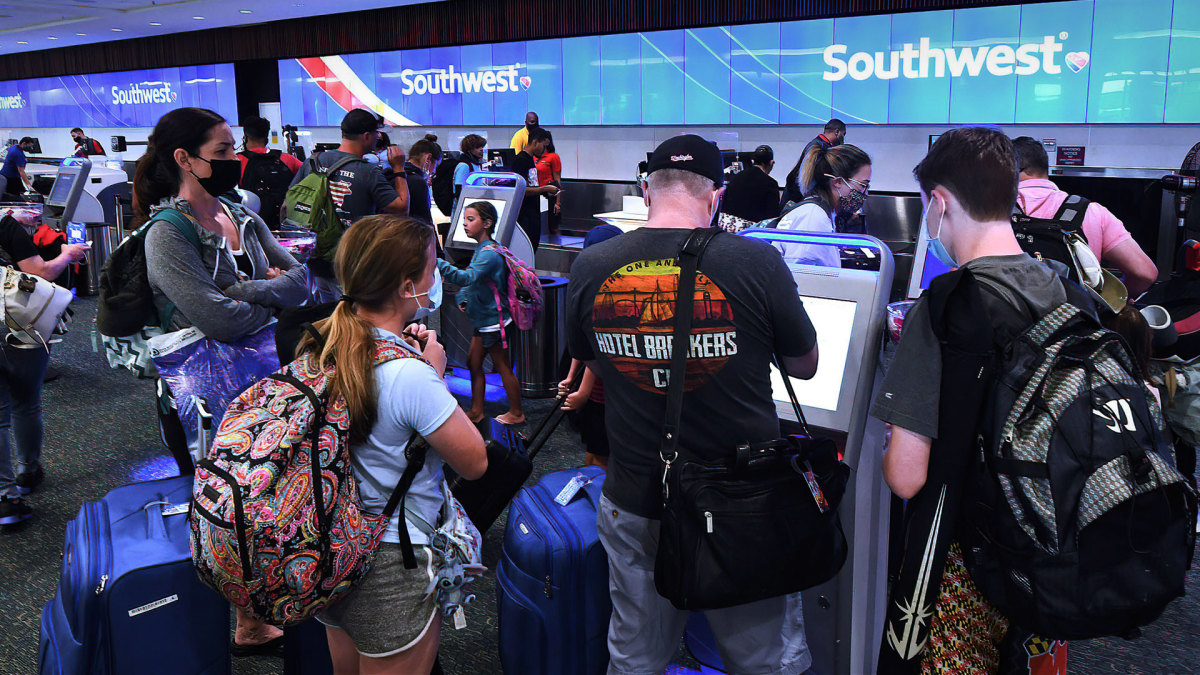
Image source: Paul Hennessy/SOPA Images/LightRocket via Getty Images
Southwest Airlines has a winter plan
Southwest COO Andrew Watterson addressed the company's winter preparedness during Southwest's third-quarter earnings call. He started by issuing yet another apology.
"The disruption we had last winter was really hard on our customers and our employees. It weighs heavily on all of us here at Southwest Airlines. We have a lot of pride based on our 50-plus-year history," he said.
He then explained how the airline has prepared to make sure the same things does not happen this holiday season.
"The disruption was triggered by an unprecedented storm that simultaneously hit several of our most critical stations, but there were many causes, not just one, that led to it," he explained. "As a result, our action plan is divided into three categories: winter operations, cross-team collaboration, and accelerating operational investments, which were already on our road map, including technology."
Watterson then touched on something that has proven to be prescient as we move toward Christmas.
"One thing that really impacted us with Elliott (the name of the 2022 winter storm) is that 25% of our crew are based in Denver and Chicago," he said.
The airline's problems were exacerbated by not being able to get crew from those locations to where they were needed.
"A key part of our action plan is to have more robust winter operations, so we can be confident that we get our crews out in the network to operate through bad weather. So we invested in key stations based on the calculated throughput needed to maintain our crew network," he added.
That has already been tested this holiday season.
Southwest has the most cancellations
Heavy fog on Christmas Eve in Chicago has led to Southwest canceling a number of flights. That has led to a small ripple effect across the airline. As of 9:50 a.m. E.T., the airline had canceled 63 flights, according to data from Flight Aware.
Delta Air Lines (DAL) -) showed a single U.S. flight has been canceled, and Frontier (ULCC) -) had three while the rest of the major U.S. domestic airlines do not show any cancellations as of Christmas Eve morning. Southwest has also reported 411 delays, well more than Delta at 69 and Frontier with 12.
Southwest explained what is happening in a statement sent to View From the Wing.
We’re working with our customers whose travel is impacted by fog at Chicago Midway that began Saturday night and prevented inbound aircraft from landing, forcing some diversions and subsequent flight cancellations.
With visibility remaining below required operational minimums throughout the night and expected to continue through daybreak, we’ve modified our planned start for today (Sunday) at Chicago Midway. We have all-hands on deck as our Employees are working to quickly take care of our customers and accommodate them on alternative flights.
Chicago Midway is our fourth busiest airport operation, with more than 200 departures a day scheduled over the holiday weekend. The fog at Midway canceled about 2% of our total flights on Saturday (177 out of 4313 ) and less than 1% of our total flights early on Sunday (53 out of 4242).
Those cancellations have climbed since that statement and the impact on on-time departures has been steadily growing. It's an unfortunate situation for impacted travelers, but it has not spread like last year's meltdown.
That's likely at least partly because Southwest has more equipment on the ground to help in bad weather situations.
"We have added de-ice pads, de-ice trucks, increased glycol storage and mixing stations, increased snow removal, heater carts, and other equipment to operate safely and effectively in winter weather. We have been conducting de-icing summer school to make sure we have plenty of ramp agents trained and ready to go for de-icing," Watterson explained.
